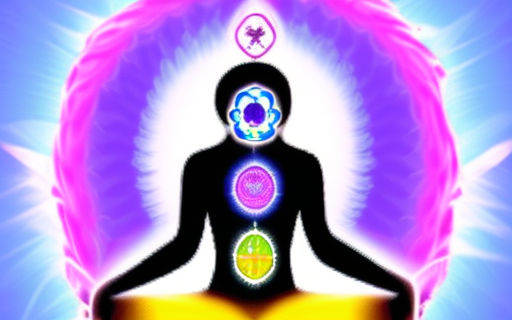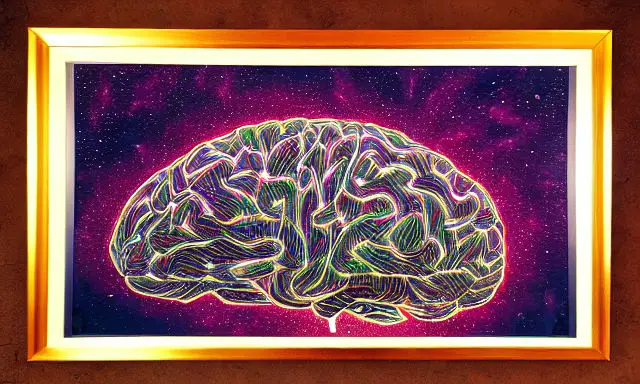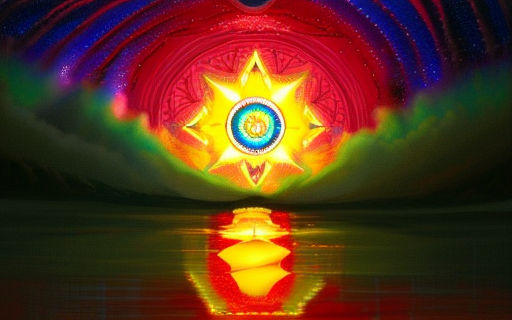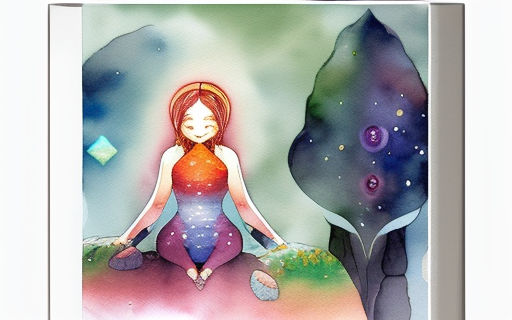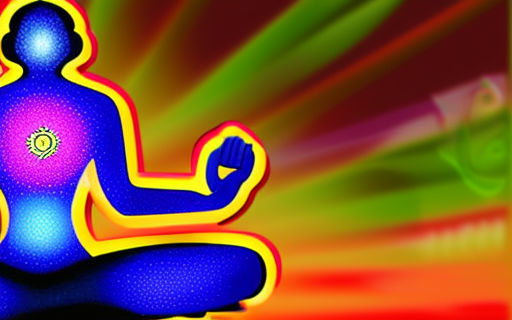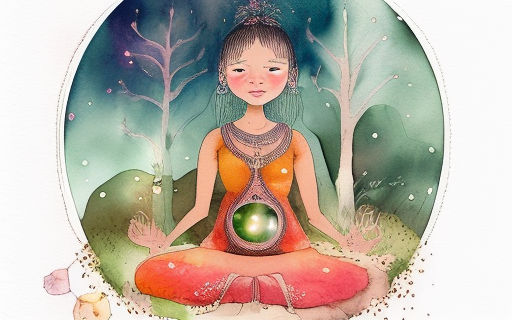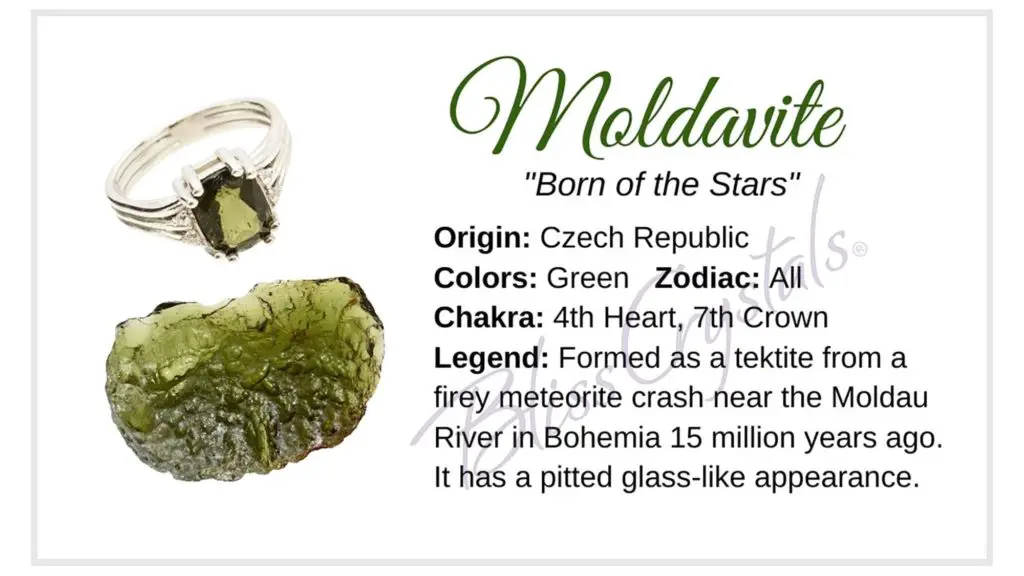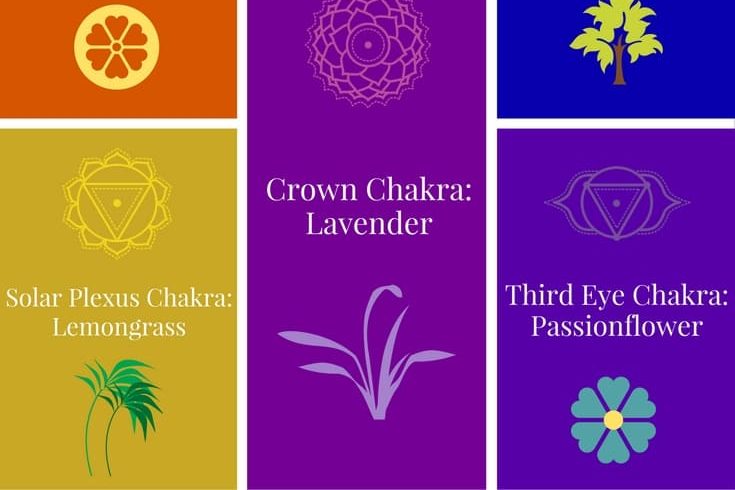Where is the Heart Chakra?
The Heart chakra is the physical center of the human body. It is considered the center of compassion and integration. Its purpose is to bring us into harmony with ourselves and others. Those who are sensitive and caring will appreciate the beautiful things in life and have the capacity to forgive others. They will also be able to let go of relationships when the time comes. However, those who have a sensitive heart may have difficulties building and maintaining relationships.
When you buy through links on our site, we may earn an affiliate commission. As an Amazon Associate I earn from qualifying purchases..

Heart chakra
The heart chakra is a very important part of our energy system, and people who do not have it in a balanced manner may experience chest pains, circulatory problems, and breathing difficulties. They may also suffer from upper back and shoulder pain. When the heart chakra is not in a balanced state, it can lead to problems with relationships. A person who has a blocked heart chakra often feels unsatisfied with others, and may become codependent or even form unhealthy attachments.
Generally speaking, your heart chakra is the center of unconditional love and compassion. It pumps energy throughout your body and affects the way you move through life. When you open the heart chakra, you will experience deeper feelings of love for yourself and other people. You will also be less critical and more tolerant of others.
Several practices are helpful in opening the heart chakra. Some of these include meditation, art, and music. Spending time in nature can also be a great way to open up the heart chakra. Nature’s beauty and sounds can remind you of the source of all existence. Additionally, you can try using essential oils that have heart chakra properties, such as rose, marjoram, lavender, and neroli.
The heart chakra is a major part of spirituality and is often associated with past emotional issues. It is associated with a heart-shaped flower with 12 petals. The heart chakra is also connected to the lungs, chest, arms, hands, and circulatory system. Symbolically, the heart chakra corresponds to the heart in Buddhism, Qigong, and Sufism. Those who meditate with a heart-centered mindset are more open to joy and wonder. Conversely, people who have closed heart chakras are prone to wariness and codependency. They may also become closed off to other people.
The heart chakra is located in the center of your chest, just above the physical heart. It is an important part of your energy system, and can be used to tune into your angels, ascended masters, or spirit guides. The lower three chakras are connected to the physical body, while the upper three are connected to the emotional and spirit world.
Physical center of the human body
The heart chakra is located in the center of the human chest. It is the seat of our emotions such as love, compassion, and trust. However, it is also prone to emotional distorted states like heartbreak and deep wounds. That’s why it is so important to balance this chakra.
People who have a blocked heart chakra often experience difficulty in making connections and being loved. As a result, they may be distant or needy. They may also have difficulty forgiving and are prone to social anxiety. Opening the heart chakra can help you overcome such problems and make your heart more open.
The heart chakra is the fourth chakra in the chakra system and is located in the chest. It corresponds to the heart, lungs, thymus gland, and cardiac plexus. It is considered the root of emotional healing and the center of energy. It is often symbolized by a hexagram that is made up of two interlaced triangles. It is also associated with the Air Element.
When practicing yoga, you can practice balancing your chakras. Some poses, especially backbends, are known to evoke the heart chakra. Others, like Upward-Facing Dog Pose, open the chest, and expand the heart. These poses help open the heart and clear negative emotions and feelings.
Center of compassion
The heart chakra is the center of compassion and empathy. It controls the energy of love in the body and is associated with the heart, lungs, immune system, and upper body muscles. Opening the heart chakra increases feelings of love, forgiveness, and compassion, and helps you deal with negativity. There are five key techniques for opening your heart chakra.
The heart chakra is located in the center of your chest. By opening it when you’re angry or hurt, you can attract love and compassion. The heart chakra is also believed to be the place where your soul meets your body. It aligns with three upper and lower-body chakras. It is responsible for empathic understanding of other people. When this center is stimulated, we can better understand others and their needs, and we can forgive those who have hurt us in the past.
Another way to open your heart chakra is to use affirmations. They can help you feel more loving toward yourself and others, cultivate independence and excitement in life, and promote physical, mental, and emotional health. You can also create your own affirmations. By visualizing these words, you can immerse yourself in the feeling of them.
The heart chakra is responsible for forgiveness and acceptance, and it is the mirror of both the human and the eternal energies. A balanced heart chakra opens the door to deep healing of the soul. If your heart chakra is closed, it can lead to depression, loneliness, and fear of intimacy. If it is overactive, it can lead to possessiveness. A healthy heart chakra will allow you to embrace your spiritual journey and embrace the uncertainty that comes with it.
The heart chakra is the fourth of seven chakras in the human body. It connects the upper and lower chakras, and is also associated with the immune system. It is located in the chest.
Center of integration
The heart chakra is the center of transformation and integration. It is located in the center of the chakra system, where the lower and upper chakras meet. This is also the center of our relationships. It is also known as the center of empathy. Here, we integrate what we’ve learned in life, and we move forward fluidly.
The heart chakra is the center of our chest and corresponds to the heart, lungs, thymus gland, and cardiac plexus. It is the fourth chakra in the seven chakra system, and is the root of emotional healing. Its symbol is a hexagram, which is composed of two interlocking triangles. It symbolizes the power of matter and spirit coming together, as well as the balance of the feminine and masculine.
The heart chakra is the fourth energy center and connects the lower and upper chakras. It is also associated with the cardiovascular system, lungs, and thymus gland, which is involved in regulating the immune system. In many ways, the heart chakra is the bridge between the earth and spirit, and a way to achieve a balance is to connect with this energy center, or the center of your heart.
Center of insight
The heart chakra is located in the center of your chest and corresponds to your heart, lungs, thymus gland, and cardiac plexus. This chakra is the fourth of the seven chakras and is the source of emotional healing. It is associated with the color green, which symbolizes harmony, balance, nature, and life. It is the essence of love and represents a foundation for life.
The heart chakra is also associated with the sense of touch. We give and receive touch with our arms and hands, so being mindful of how we touch others is a lesson we need to learn. The heart chakra is a bridge connecting many realms, including the physical, emotional, and spiritual.
When the heart chakra is balanced, we are more able to connect with others and experience empathy. This chakra also helps us recognize our interconnectedness and practice self-love. It helps us forgive past hurts and move on in life. It also gives us the ability to understand other people’s ideas and boundaries.
The heart chakra is associated with the color green. The color green is a symbol of love and is found most abundantly in Mother Earth. Green is known to help the body relax and cleanse its energy. It also promotes harmony, balance, and renewal. Green essential oils include lavender, neroli, rose, and sandalwood.

